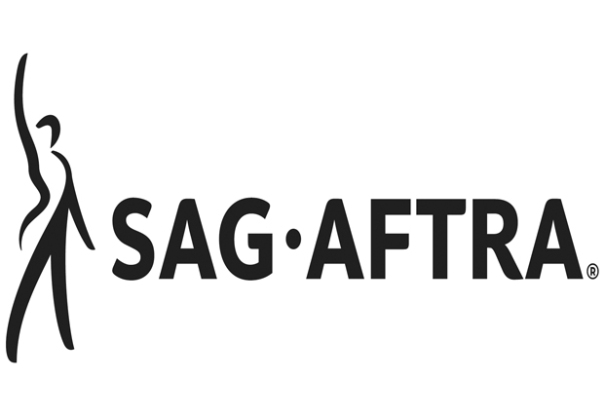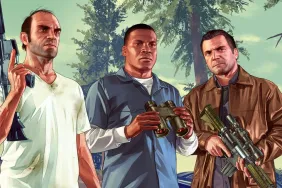Voice actors that are members of the SAG-AFTRA union are now on strike. According to Deadline, this happened after the union wasn’t able to secure residual payment for its actors, that would see performers get an additional “full scale payment” every time a game sold 500,000 copies. This would go to a maximum of four payments, as it would max out at two million copies. They were also looking for “vocally stressful” recording sessions to be reduced to two hours in length, so the performer’s voices could be protected.
A statement from SAG-AFTRA outlined their goals:
“This group of video game employers knowingly feeds off other industries that pay these same performers fairly to make a living. This represents a ‘freeloader model of compensation’ that we believe cannot and should not continue.
In this industry, which frequently uses performers and understands the intermittent and unpredictable nature of this type of work, fair compensation includes secondary payments when games hit a certain level of success with consumers, not simply higher upfront wages. Secondary compensation is what allows professional performers to feed their families in between jobs.
No matter what these companies are peddling in their press releases, this negotiation is not only about upfront compensation. It is about fairness and the ability of middle-class performers to survive in this industry. These companies are immensely profitable, and successful games — which are the only games this dispute is about – drive that profit.
We have proposed a fair payment structure that enables the sustainability of a professional performer community. These employers have unreasonably refused that. The time has come to end the freeloader model of compensation and that is why our members are united behind this cause.”
The current strike will impact games from major publishers such as Activision, EA, Take-Two and WB Games. Any title from these publishers (full list here) that went into production after February 17, 2015 are impacted. This is the first notable strike for video game voice actors.
The final offer by the publishers was a 9% wage increase and additional compensation maxing out at $950 per game. Scott Witlin, the representative for the video game publishers, had this to say in a statement:
The Video Game Companies did everything in their power to reach agreement with union leaders, offering a money package almost identical to SAG-AFTRA’s last demand. We are greatly disappointed that SAG-AFTRA refuses to allow its members to have a democratic vote on our proposal and decide if the significant money on the table is acceptable to them. The strike is going to hurt the SAG-AFTRA performers.
The strike will have little to no immediate impact on the ability of fans to buy and play the video games they love as the majority of upcoming games already are in production–and the union is not permitted to strike most of the games due to the nature of the ‘No Strike Provisions’ of the interactive media agreement. The sad part is that the very performers who these Companies value–and who are impacted by the union decision to strike–never got a chance to vote on the Companies’ proposal.








